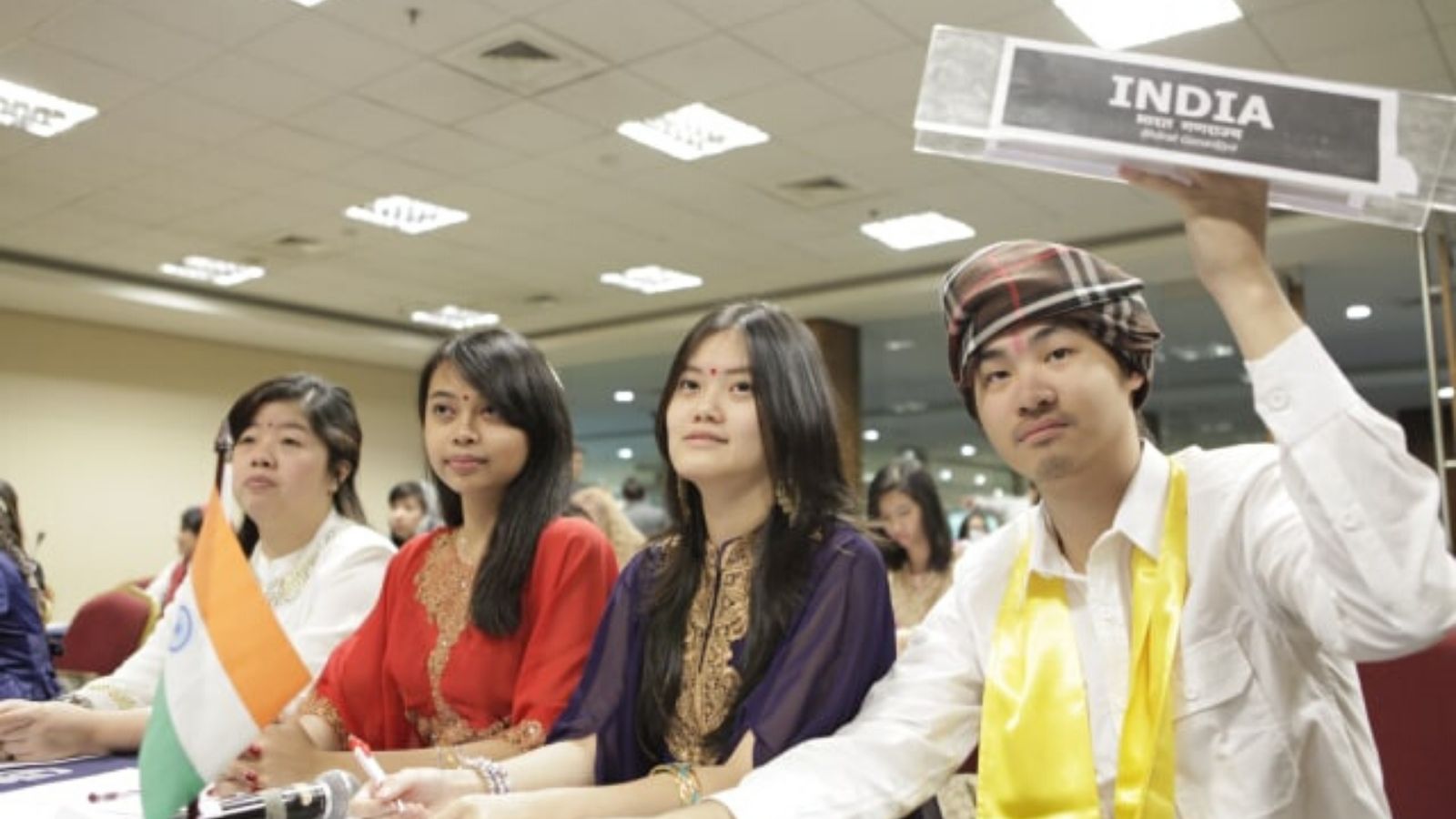2020
UPH International Relation Incorporates Curriculum and Students Organizational Activities for an Effective Development of Soft Skills.

Educational Institutions have been trying to provide the best learning quality and experience for its students. Universitas Pelita Harapan (UPH) as a Higher Education institution also strives for this, and one of the ways is by its curriculum with students’ organizational activities. According to Elyzabeth Bonethe Nasution, S.I.P., M.A. – Head of the International Relations Department of UPH, this method is effective in terms of enhancing the effectivity of learning process which involves lecturers and the active role of students.
“As an example, in the second semester here, we integrate the Introduction to International Relations (IIT) course, which weighs 4 credits , with SDC (Short Diplomatic Course), an activity in International Relations Students’ Association (HMPS HI). SDC is a one on one training for Model United Nations (Mun) simulation. The MUN simulation was done with real standards that apply and are assessed by seniors and alumni. The participation and result that the students obtained from the MUN simulation will function as a 20% contribution to their PHI score,” Elyzabeth explained.
In addition to that, according to Elizabeth, the internal programs of HMPS HI UPH goes in accordance with the curriculum objective. This enables the department to collaborate with HMPS in terms of turning its program into a scoring component in certain mandatory courses. Indirectly, this method can effectively boost students’ active participation in HMPS programs and also in their skills development.
HMPS HI UPH programs consist of three focus which includes Model United Nations (MUN), FPCI (Foreign Policy Community of Indonesia) Chapter UPH, and IRDC (International Relations Debate Club). According to Elyzabeth, these three programs are very suitable for students to apply the theories they have gotten during class and they don’t even have to seperate the two. Within these three programs, students can train their soft skills such as critical thinking, analytical thinking, public speaking, English speaking fluency, and many more.
“In MUN, students are trained in a court simulation which was often done in the UN. This simulation aims to train students’ ability in defending their argument, lobbying, and negotiating. The IRDC aims to improve students’ ability in debating and defending their stance. In addition to that, in FPCI Chapter UPH, students are encouraged to be more aware of global issues, especially those which may have a direct impact to Indonesia,” Elyzabeth explained.
Elyzabeth also added a fun fact about FPCI. She said that not all campuses are a part of FPCI and UPH has been appraised as a campus chapter with active membership. FPCI is an organization that focuses in International Relations, established by Dino Patti Djalal, Vice Minister of Foreign Affairs of Indonesia in 2014 and the late Ambassador of the Republic of Indonesia to the United States. Their programs address current issues through talk shows, seminars, or discussions with professional key speakers and experts in International Relations.
The advantage of THE curriculum integration was admitted by Vanesha Violine (International Relation 2017), as the current chairman of HMPS HI.
“Our learning process in the International Relations Department, which has been supported by and gone along with HMPS programs, has completed us as students; both academic wise and non-academic wise,” said Vanesha.
Through all of HMPS programs, hopefully the International Relations student of UPH can develop their critical thinking and skills effectively. Therefore, all the global issues and theories they have gotten in class can be applied through the organization. Moreover, Elyzabeth also sees that the limited time for in-class learning can be answered through the internal program of HMPS HI. (mt)



